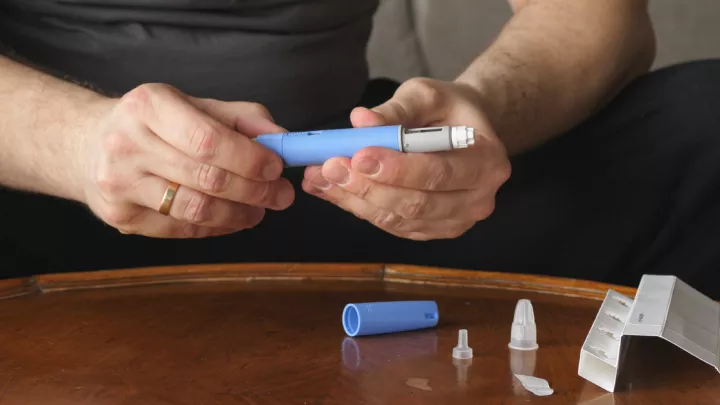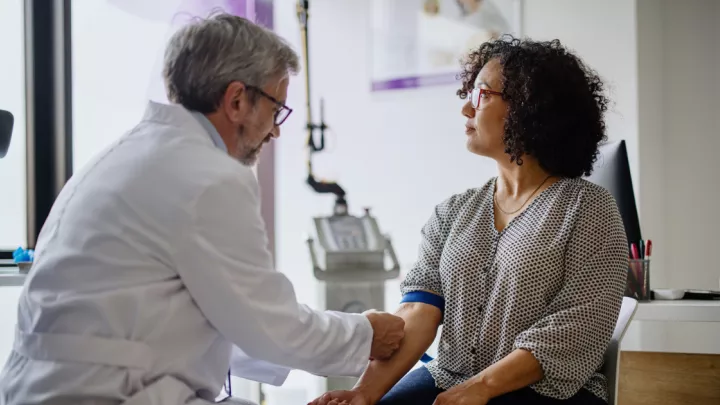You asked, we answered: How can I tell if I had a miscarriage?

Question:
How can I tell if I had a miscarriage?
Answered by gynecologist Melissa Ann Mathes, MD, OB-GYN:
Pregnancy can be an exciting and emotional time. Your body will undergo many changes. Since no one pregnancy is exactly the same, it’s hard to know what’s normal and what’s not.
As your pregnancy progresses, you may experience various symptoms at different times, including tender, swollen breasts, nausea, vomiting, mild cramping and spotting, fatigue, bloating, mood swings and frequent urination.
No one wants to think about miscarriage, but over 25% of all pregnancies result in miscarriage. Miscarriages are considered pregnancies that don’t continue past 20 weeks. Your risk for miscarriage increases as you age.
Symptoms of a very early miscarriage
A very early miscarriage, often referred to as a biochemical pregnancy, occurs when an embryo initially implants into the lining of the uterus but does not develop further. This is associated with an initial rise in the pregnancy hormone, B-HCG, followed by a decline of this hormone and bleeding. This type of pregnancy is too early to see on an ultrasound.
Common symptoms of miscarriage
A miscarriage that occurs five to six weeks after inception may have the following symptoms:
- Vaginal bleeding
- Pain or cramping in the abdomen, lower pelvic area or lower back
- Tissue passing that is tan and fluffy in appearance
- Nausea that starts and then goes away
- Breast tenderness that starts and then goes away
Complications of miscarriage
Some women may develop an infection in the uterus, which can be very serious if not treated promptly. Miscarriages can also result in hemorrhage. Also important to recognize is that miscarriages can be very emotional and can cause mood changes such as depression and/or anxiety.
Call your doctor right away if you experience:
- Fever
- Chills
- Foul-smelling vaginal discharge
- Heavy bleeding
- Severe abdominal pain
- Mood changes
How to confirm a miscarriage
The only way to confirm if you have had a miscarriage is to see your health care provider and have blood drawn to check for hormone levels of the hormone B-HCG. B- HCG levels are often drawn every two days to evaluate the trend of this hormone. Sometimes an ultrasound is also obtained depending on the clinical scenario and B- HCG levels.
If you have any of the symptoms mentioned above and are concerned, call your health care provider to discuss.
Consider an early pregnancy assessment
Got questions about your pregnancy? Our Early Pregnancy Assessment Clinic focuses on providing care for all pregnant patients in the first trimester (fewer than 13 weeks) with pain, bleeding or questions about pregnancy viability. Call 800.922.0000 to schedule an appointment.





